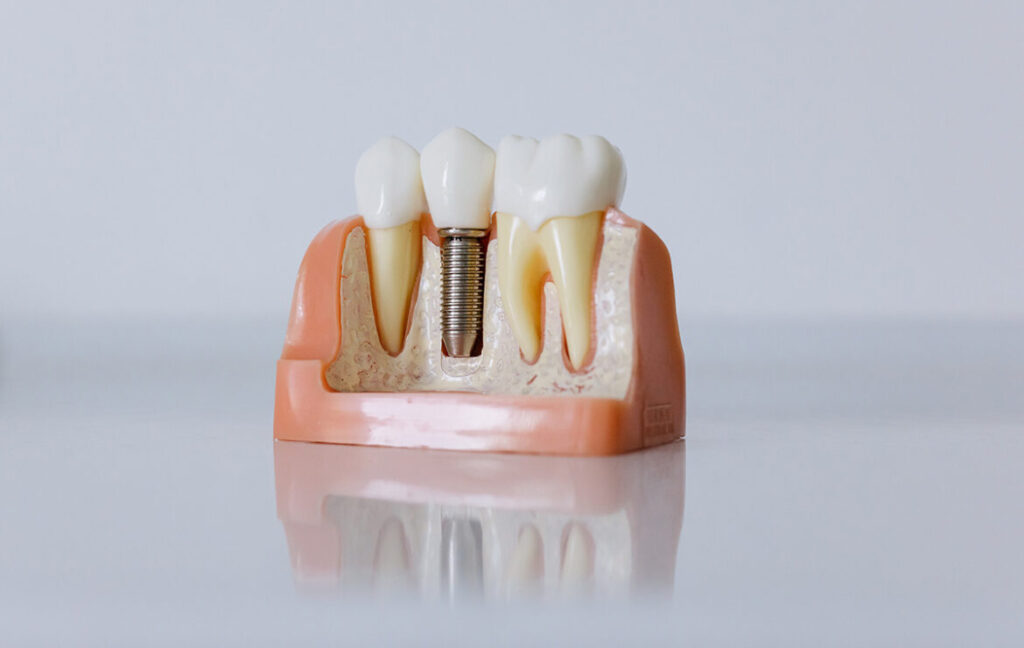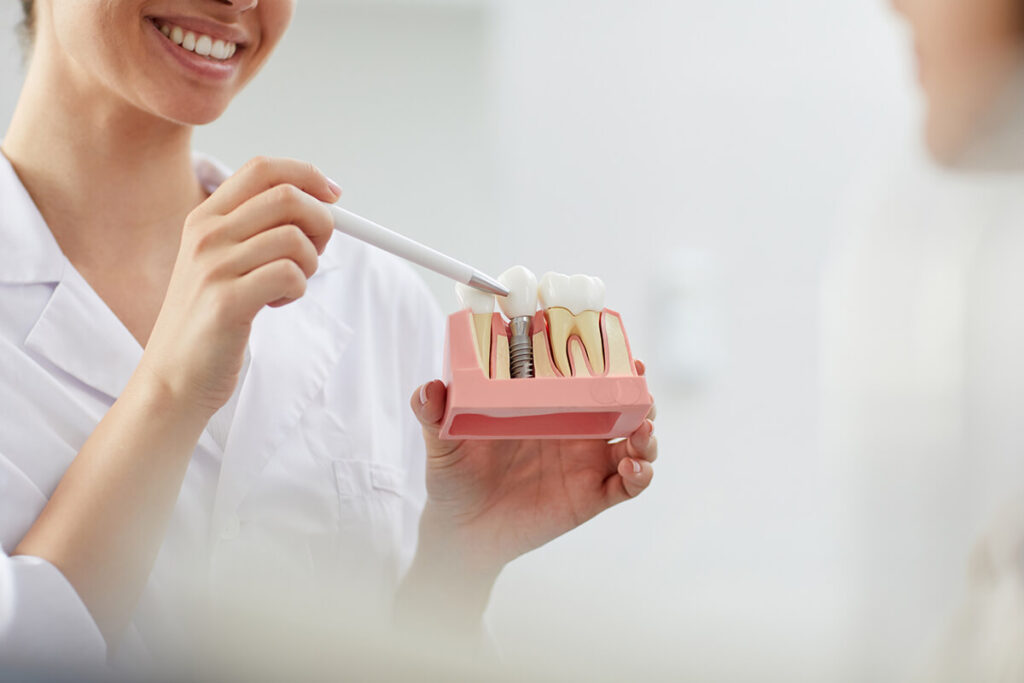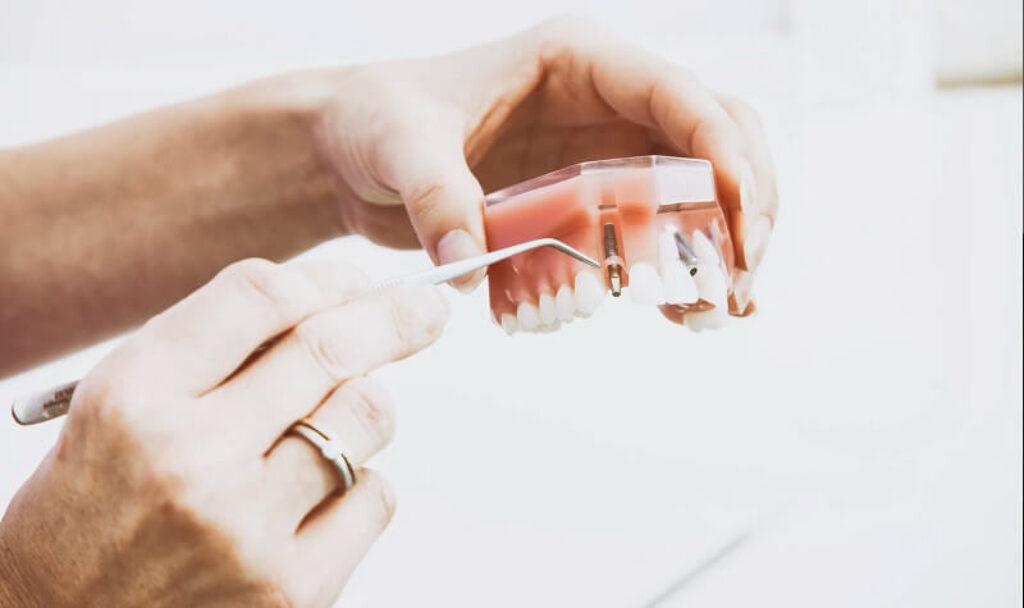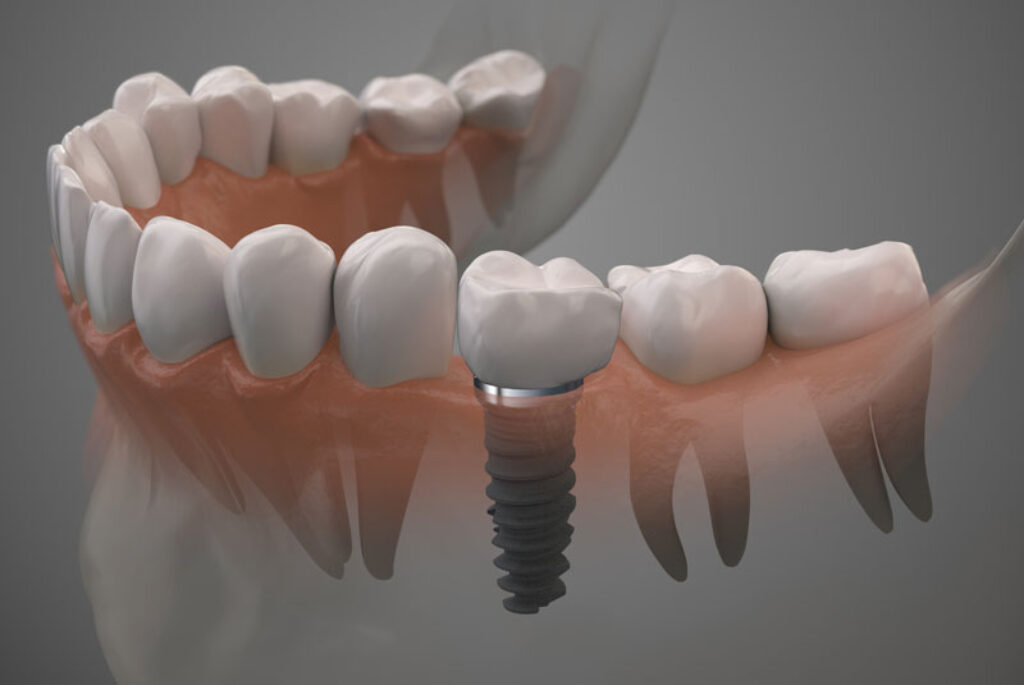
Hey there! I’ve been hearing a lot of chatter about dental implants lately, and it’s clear there’s some confusion floating around.
Dental implants are a fantastic option for many people, but the myths can sometimes overshadow the facts. So, let’s set the record straight and bust some of the most common myths about dental implants.
Table of Contents
Myth #1: Dental Implants Are Painful

Source: inveruriesmilecare.co.uk
Let’s start with a big one. Many people believe that getting dental implants is a painful process. However, advancements in dental technology and anesthesia have made the procedure much more comfortable than in the past.
Most patients report that the discomfort is similar to having a tooth pulled, and post-surgery soreness is manageable with over-the-counter pain medication.
Myth #2: Dental Implants Are Too Expensive
Sure, dental implants aren’t cheap. But when you consider them an investment in your long-term oral health, the cost makes more sense.
Unlike dentures or bridges that might need replacements or repairs, implants are durable and can last a lifetime with proper care. Many dental offices also offer payment plans to make the financial aspect more manageable.
Myth #3: Dental Implants Require Special Maintenance
People often think that implants require a lot of special care. The reality? They don’t need much more than your regular oral hygiene routine.
Brushing, flossing, and regular dental check-ups are usually all it takes to keep your implants in great shape. They can’t get cavities, but taking care of your gums and overall oral health is crucial to their longevity.
Myth #4: Dental Implants Look Fake

Source: dentalorangecounty.com
Another common concern is that implants will look artificial. Actually, dental implants are designed to look, feel, and function like your natural teeth.
Skilled dentists match the implant to the color and shape of your surrounding teeth, making them virtually indistinguishable from the rest of your smile.
Myth #5: Only Older People Get Dental Implants
While it’s true that older adults often get dental implants, age isn’t a deciding factor. Anyone who has lost a tooth due to injury, decay, or other reasons might be a candidate for implants.
The critical factor is having sufficient jawbone density to support the implant, which can be a concern for some older adults. However, bone grafting is an option if there’s not enough bone.
Myth #6: The Recovery Time Is Too Long
The thought of a long recovery period can be daunting, but it’s not always the case with dental implants.
While the complete healing process can take several months, most people can return to their normal activities within a few days. The initial recovery period is relatively short, and any swelling or discomfort usually subsides within a week or two.
Myth #7: Implants Are Prone to Failure

Source: periodontal.com
Dental implants have a high success rate, typically around 95-98%. Factors like smoking, diabetes, or poor oral hygiene can affect the success rate, but with good care and regular dental visits, most people enjoy a lifetime of use from their implants.
Myth #8: The Procedure Is Risky
Every surgical procedure carries some risk, but dental implants are considered very safe when performed by an experienced professional.
Complications are rare and often minor, such as infection or implant movement. Thorough pre-surgery evaluations and modern techniques help minimize these risks.
Myth #9: You Can’t Eat Your Favorite Foods
Worried you’ll have to give up your favorite foods? Don’t be! Once fully healed, dental implants allow you to eat almost anything you like.
They’re anchored in your jawbone, just like natural teeth, providing the stability needed to enjoy crunchy, chewy, and hard foods.
Myth #10: Dental Implants Cause Headaches
Some folks believe that implants can lead to chronic headaches or migraines. There’s no scientific evidence supporting this.
Properly placed implants should not cause headaches. If you do experience any discomfort, it’s essential to follow up with your dentist to address any issues.
What to Expect During the Dental Implant Process
Consultation and Planning

Source: soundviewfamilydental.com
The first step in getting dental implants is a thorough consultation with your dentist. They’ll evaluate your oral health, take X-rays, and discuss your medical history to determine if you’re a good candidate for implants.
The Procedure
The procedure typically involves multiple steps. First, the dentist places a titanium post into the jawbone. This acts as the root for the new tooth.
Over the next few months, the bone fuses with the post in a process called osseointegration. Once healed, an abutment is attached to the post, and finally, the custom-made crown is placed on top.
Recovery and Aftercare
Post-surgery, you’ll need to follow your dentist’s aftercare instructions closely. Good oral hygiene and regular check-ups are crucial to ensuring the longevity of your implant.
The Benefits of Dental Implants
Dental implants offer numerous benefits, making them an excellent choice for tooth replacement:
- Improved Appearance: They look and feel like your natural teeth.
- Enhanced Comfort: Implants become a part of you, eliminating the discomfort of removable dentures.
- Easier Eating: Enjoy your favorite foods without worry.
- Durability: With proper care, implants can last a lifetime.
- Convenience: No need to remove them for cleaning like dentures.
FAQs
How Long Do Dental Implants Last?

Source: tfaosc.com
With proper care, dental implants can last a lifetime. The crown (the tooth part) may need replacement after 10-15 years due to normal wear and tear, but the implant itself can last indefinitely.
Are Dental Implants Safe?
Absolutely. Dental implants have been used for decades and have a very high success rate. They are made from biocompatible materials like titanium, which the body accepts naturally.
Can Anyone Get Dental Implants?
Most people who are healthy enough to undergo a routine dental extraction or oral surgery can be considered for a dental implant. Good candidates need healthy gums and enough bone to hold the implant.
However, heavy smokers, people with uncontrolled chronic disorders such as diabetes or heart disease, or patients who have had radiation therapy to the head/neck area need to be evaluated on an individual basis.
What If I Don’t Have Enough Bone?
In cases where there isn’t enough bone, options such as bone grafting are available. This procedure adds bone to the jaw, providing a sturdy base for the implant.
How Do I Care for My Implants?
Caring for dental implants is similar to caring for your natural teeth. Brush and floss daily, and see your dentist regularly for cleanings and check-ups.
Avoid hard foods that can damage the implants, and if you grind your teeth, talk to your dentist about a night guard.
Final Words
There are plenty of myths out there about dental implants, but the reality is that they’re a safe, effective, and long-lasting solution for missing teeth.
If you’ve been hesitant about getting implants because of some of these myths, I hope this clears things up for you. Always consult with a dental professional to get personalized advice and make the best decision for your oral health.







